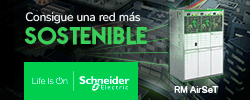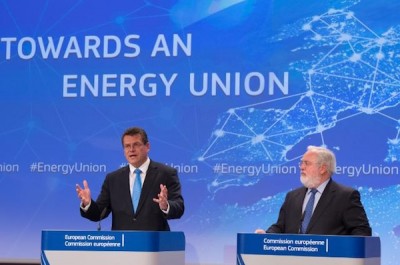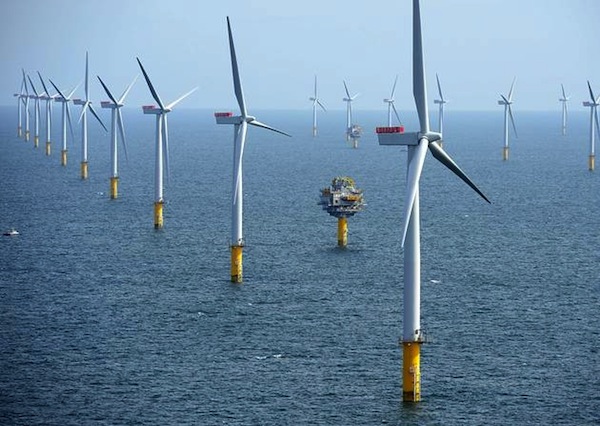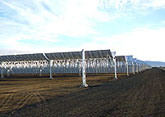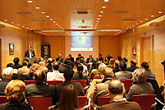The first report since Fukushima in 2011 focuses on investments in post-Fukushima safety and on safe operation of existing facilities. In addition, this Nuclear Illustrative Program (NIP) highlights the need for financing in respect to the decommissioning of nuclear power plants and the management of radioactive waste and spent fuel.
The Nuclear Illustrative Program provides a basis for discussion and is intended to include all stakeholders, especially civil society, in the discussion on the role of nuclear energy and trends on related investments for the period until 2050.
While EU countries are free to decide their energy mix, the Strategy of the Energy Union and the European Energy Security Strategy emphasize that the EU countries that choose to use nuclear energy in their own energy mix must apply the highest standards of safety, security, waste management and non-proliferation, as well as the diversification of their nuclear fuel supplies.
The Vice President of the Union of Energy Maroš Šefčovič said that «on the basis of input from Member States, the Nuclear Illustrative Program of the Commission provides a useful picture of the entire life cycle of nuclear power in Europe: from the front-end of fuel fabrication, to improvements in security and long-term operations, to the final phase of the cycle, including waste management and decommissioning. The NIP contributes to the implementation of the Energy Union strategy looking at necessary investments in relevant Member States from the perspective of safety, security of supply, technological diversification and industry leadership. «
Meanwhile, Commissioner for Climate Change and Energy, Miguel Arias Canete added «five years after the accident of Fukushima Daiichi, Europe has learned the lessons and the Nuclear Illustrative Program brings together for the first time an overview of all aspects of investment of nuclear energy in a single document. This contributes to the public discussion on nuclear issues. Together, we must be able to identify ways to cooperate across Europe to ensure we share knowledge about the safe use of nuclear power plants, instead of doing so separately for each regulator, and that management of radioactive waste is financially secured by Member States up to its ultimate elimination «.
Recommendations in nuclear
The same day, the Commission also presented a recommendation to EU countries on the implementation of Article 103 of the Euratom Treaty. The recommendation requires EU countries to compulsorily require approval by the Commission of agreements with third countries in the nuclear field (intergovernmental agreements) before concluding them.
This recommendation aims to make the process more efficient by clarifying the key issues and requirements that EU countries must take into account when negotiating agreements, in particular with respect to the new directives on nuclear safety and safe management of spent fuel and radioactive waste. The implementation of this recommendation should reduce the need for the Commission to oppose to the conclusion of certain agreements, and therefore reduce the risk of delay in completion.
Carlos Sánchez Criado
Publicista por la Universidad Complutense. Director comercial de publicaciones técnicas del sector de la energía durante doce años. Director de Energy News Events, S.L. desde 2012 difundiendo información en Energynews.es, movilidadelectrica.com e hidrogeno-verde.es. Y por supuesto, organizando eventos como VEM, la Feria del Vehículo Eléctrico de Madrid.


